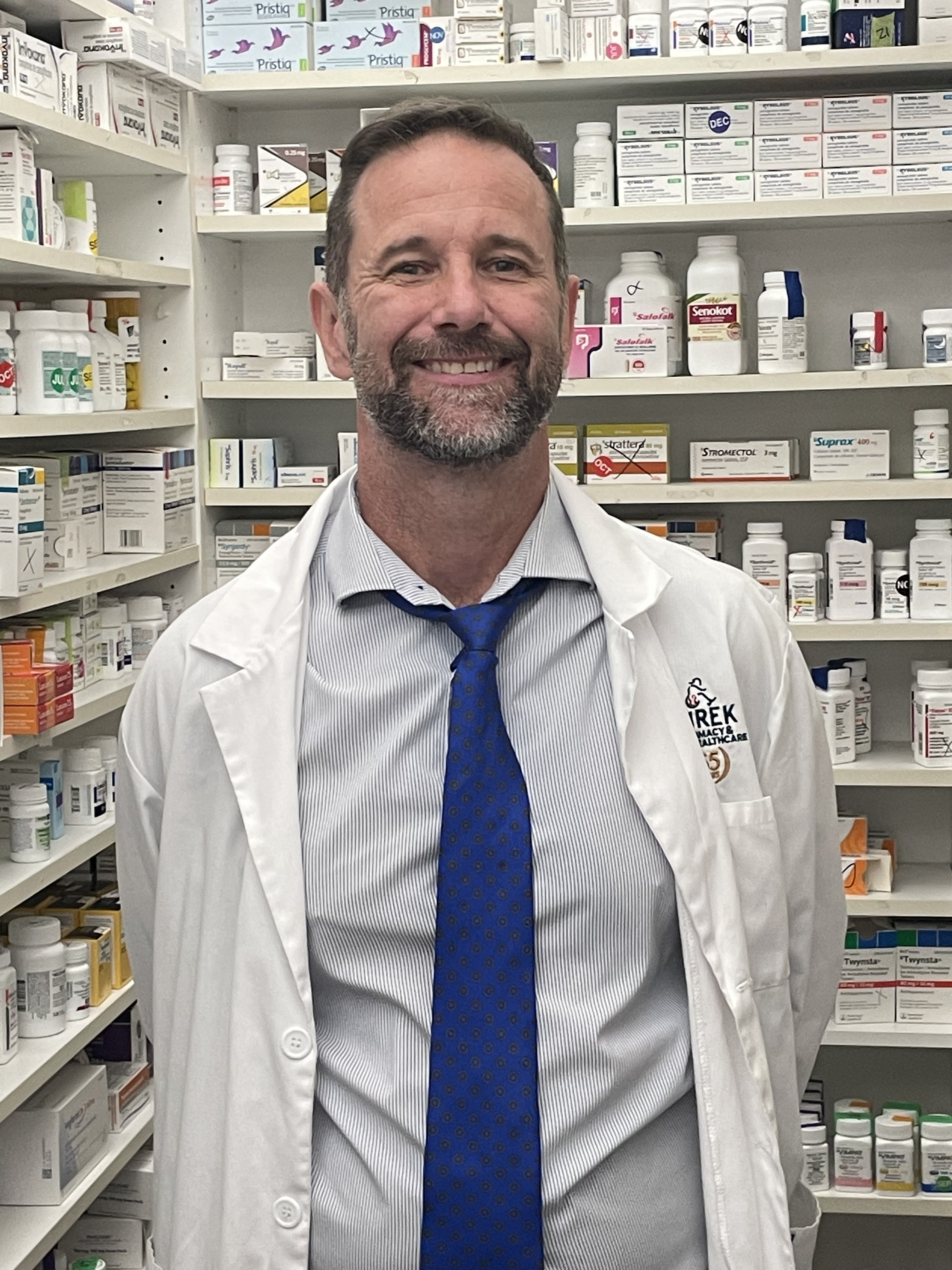By: Peter Yurek
The treatment of various medical conditions often includes the use of prescription drugs. These medications are effective, but their full benefit is not realized because many patients do not take them as prescribed. According to the World Health Organization, only about 50% of patients follow their doctor’s recommended treatments. This is one of the more serious issues in providing effective care for patients.
One of the main factors that affect a patient’s adherence to their drug therapy is the relative complexity of modern medication. Another factor is the patients’ lack of understanding of their treatment, its benefits and side effects.
Medication adherence is a problem that has no easy solution. However, we can start by showing understanding toward patients who do not take their medicine. This encourages them to be more honest about how regularly they take their medication, which in turn can help doctors keep track and notice when there is a problem.
Another solution is lowering the required dosing and limiting the number of medications that the patient takes, both in quantity and variety. Deepening a patient’s understanding of why they are taking certain medications can also help to combat non-adherence. One of the best ways to ensure medication adherence is to ask your pharmacists for patient counselling.
Medication adherence influences a wide variety of factors in a patient’s treatment and life in general. It can lengthen a patient’s lifespan and improve their quality of life, as well as reduce the overall cost of their treatment. To demonstrate the effects on quality of life, a lack of adherence causes roughly 50% of all treatment failures, 25% of all hospitalizations and thousands of deaths. On the financial side, if medication adherence were handled properly, we would save our healthcare system a lot of money.








